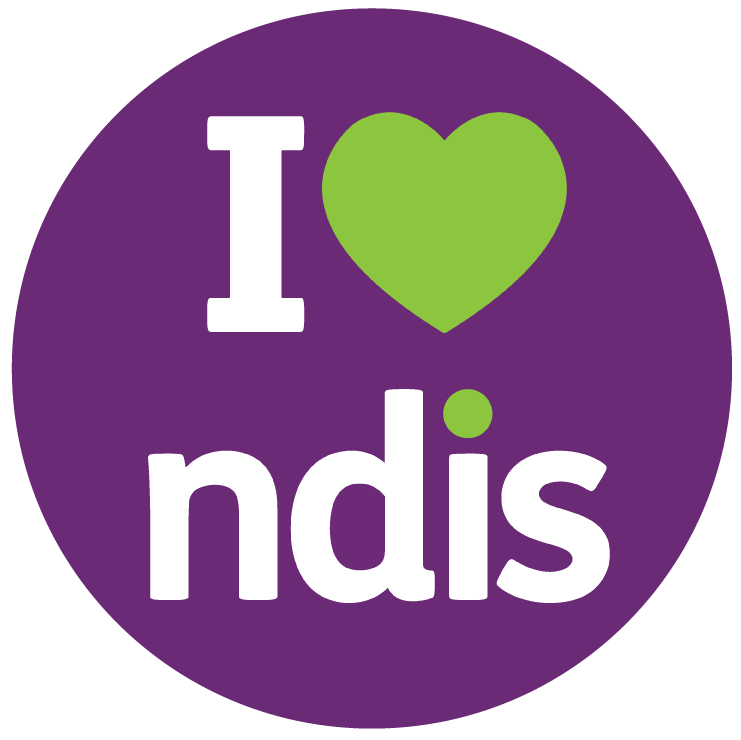The consulting world has grown into many specialised areas, with firms offering tailored advice for industries that demand unique expertise. One of the most distinct areas is healthcare consulting, which focuses on the complex needs of healthcare providers, organisations, and systems. While traditional management consulting offers broad strategic and operational advice across sectors, healthcare consulting goes deeper into clinical, regulatory, and patient-focused challenges. Understanding the differences between these two consulting paths is essential for healthcare organisations, executives, and stakeholders who want to choose the right support for their needs.
What Is Healthcare Consulting?
Healthcare consulting provides advice and solutions designed specifically for the healthcare sector. Consultants in this field work with hospitals, clinics, government health departments, insurance providers, and other organisations connected to patient care. Key areas of healthcare consulting include improving patient outcomes and safety, enhancing operational efficiency in clinical settings, managing compliance with health regulations and policies, supporting digital health and technology adoption, and guiding financial sustainability for hospitals and providers. This type of consulting requires a deep understanding of the healthcare system, medical terminology, and clinical practices that go beyond general business strategies.
What Is Traditional Management Consulting?
Traditional management consulting is a broader discipline that advises businesses across multiple industries. These firms help organisations improve efficiency, reduce costs, and grow profits. Typical areas of focus include business strategy and planning, organisational structure and performance improvement, financial management and cost reduction, supply chain optimisation, and market entry and growth strategies. While traditional consultants bring valuable insights, they may not always have the clinical or sector-specific expertise required to navigate the unique demands of healthcare.
Key Differences Between Healthcare Consulting and Management Consulting
1. Industry Focus
Healthcare consulting: Exclusively dedicated to the healthcare sector, with consultants who understand the challenges of patient care, clinical operations, and healthcare policy.
Management consulting: Works across a wide range of industries, from banking and retail to energy and technology.
2. Expertise
Healthcare consultants: Often come from clinical backgrounds, such as nursing, medicine, or hospital administration, combined with business expertise.
Management consultants: Typically have general business, finance, or economics backgrounds, with industry knowledge developed over time.
3. Approach to Problems
Healthcare consulting: Solutions are built around improving patient outcomes, clinical processes, and regulatory compliance.
Management consulting: Solutions focus more on profit margins, cost savings, and competitive advantage.
4. Regulatory Knowledge
Healthcare consulting: Requires a strong understanding of healthcare laws, accreditation standards, and compliance frameworks.
Management consulting: While familiar with regulations, their expertise is broader and less industry-specific.
5. Stakeholder Engagement
Healthcare consultants: Work with clinicians, hospital executives, patients, and government agencies.
Management consultants: Engage with corporate leadership teams, boards, and shareholders.
Why Healthcare Consulting Matters
Healthcare is not like any other industry. Mistakes can directly affect patient safety, legal compliance, and community trust. That is why healthcare consulting matters: it combines business acumen with clinical and regulatory insight to improve care while ensuring financial sustainability. Healthcare consultants can help organisations reduce waiting times in hospitals, implement digital patient records, improve staff workflows and morale, design cost-effective healthcare delivery models, and stay compliant with strict healthcare laws.
When Traditional Management Consulting Works Best
There are situations where traditional ndis management consulting is still valuable for healthcare organisations, particularly in areas such as broad organisational strategy and leadership development, financial restructuring or mergers and acquisitions, marketing, branding, and patient engagement strategies, and large-scale IT implementation projects. However, for complex healthcare challenges that involve clinical operations or compliance, healthcare consulting remains the better fit.
The Future of Healthcare Consulting
As healthcare systems become more digital, data-driven, and patient-centred, the demand for healthcare consultants will continue to grow. Key trends shaping the industry include telehealth and digital health technology adoption, use of artificial intelligence in patient care, value-based healthcare models that reward outcomes, not just services, and integration of mental health and community care into mainstream healthcare. Healthcare consultants are uniquely positioned to guide organisations through these transformations while ensuring compliance and maintaining patient trust.
Conclusion
Both healthcare consulting and Axial Plan management consulting provide valuable services, but their roles and expertise differ. Healthcare consulting offers industry-specific knowledge, clinical insight, and regulatory expertise. It making essential for organisations that deal directly with patient care. Traditional management consulting is broader and better suited for general business challenges across multiple industries. For healthcare organisations that need targeted solutions, working with specialists in healthcare consulting ensures strategies are not only effective but also safe, compliant, and focused on improving patient outcomes.


